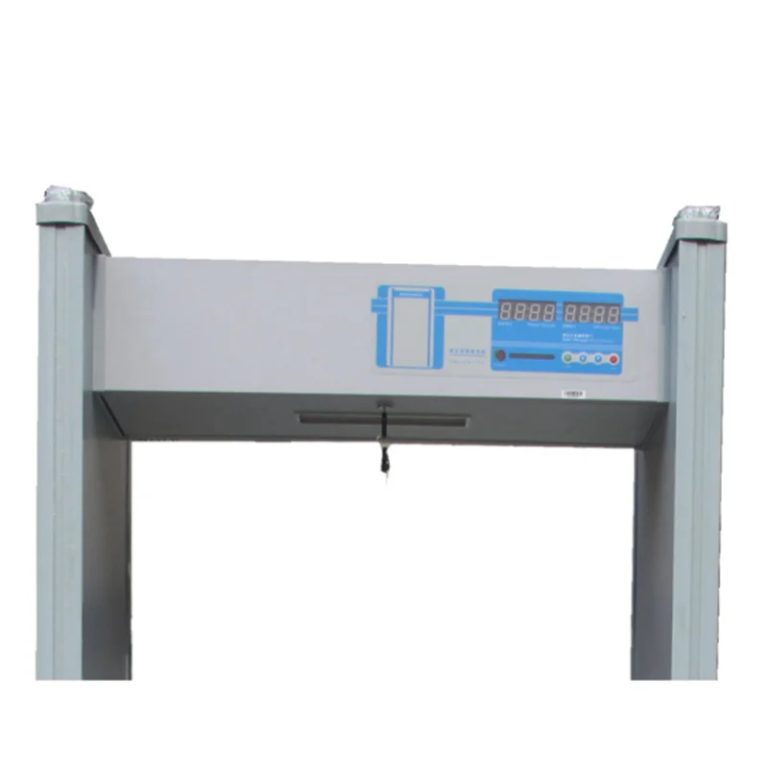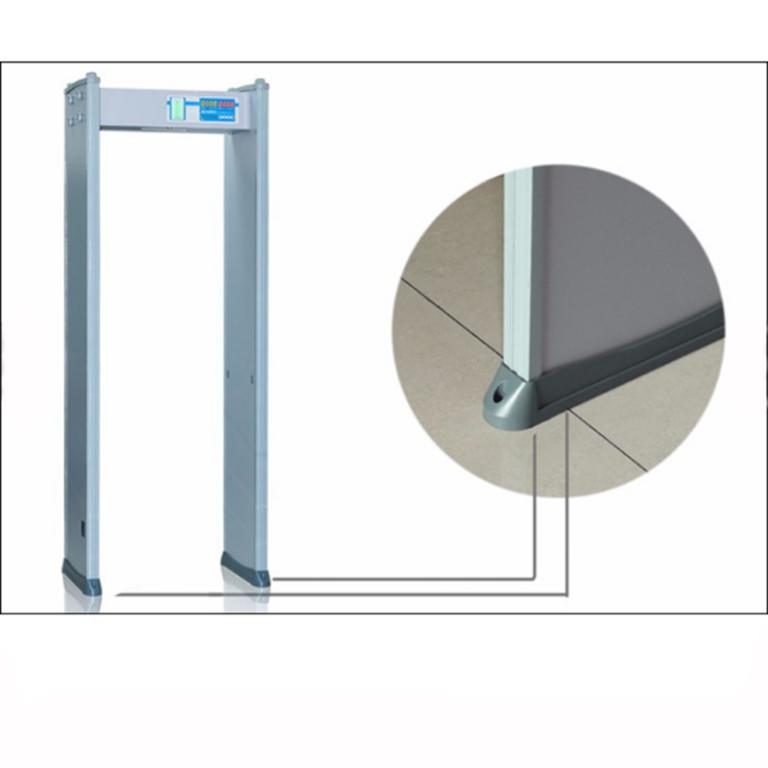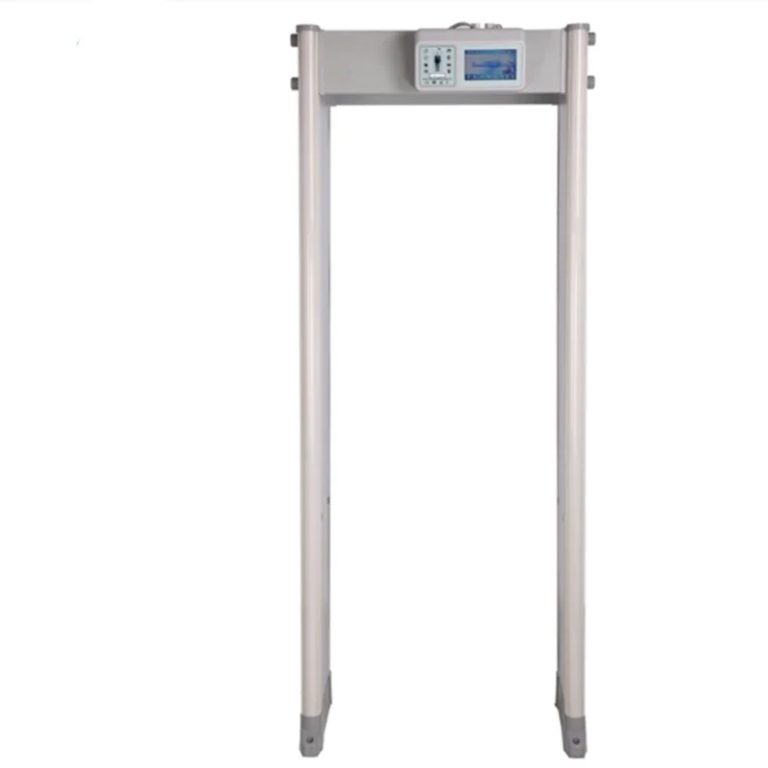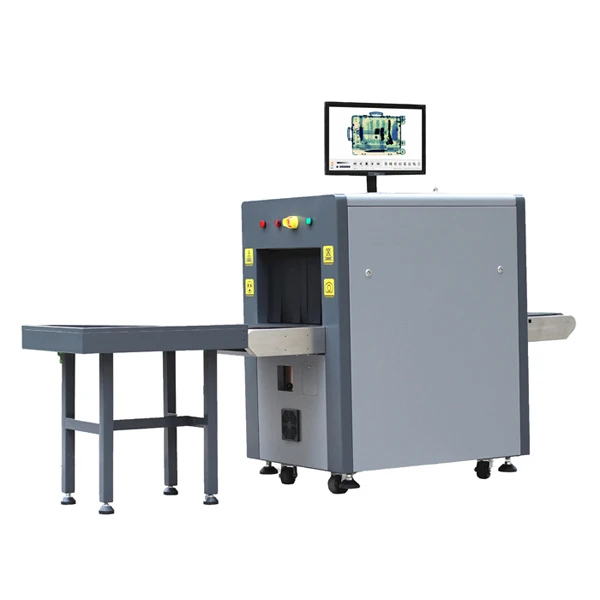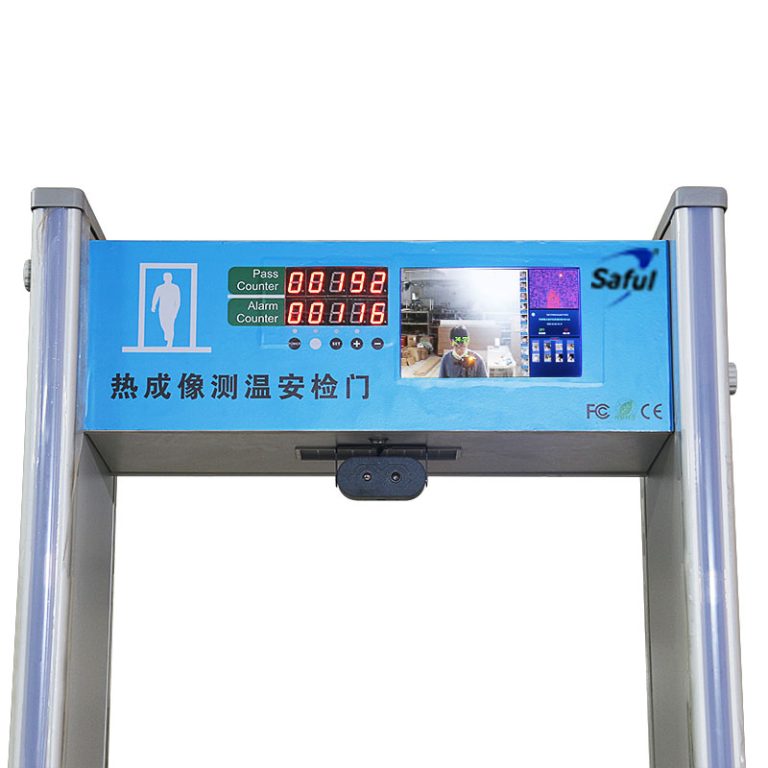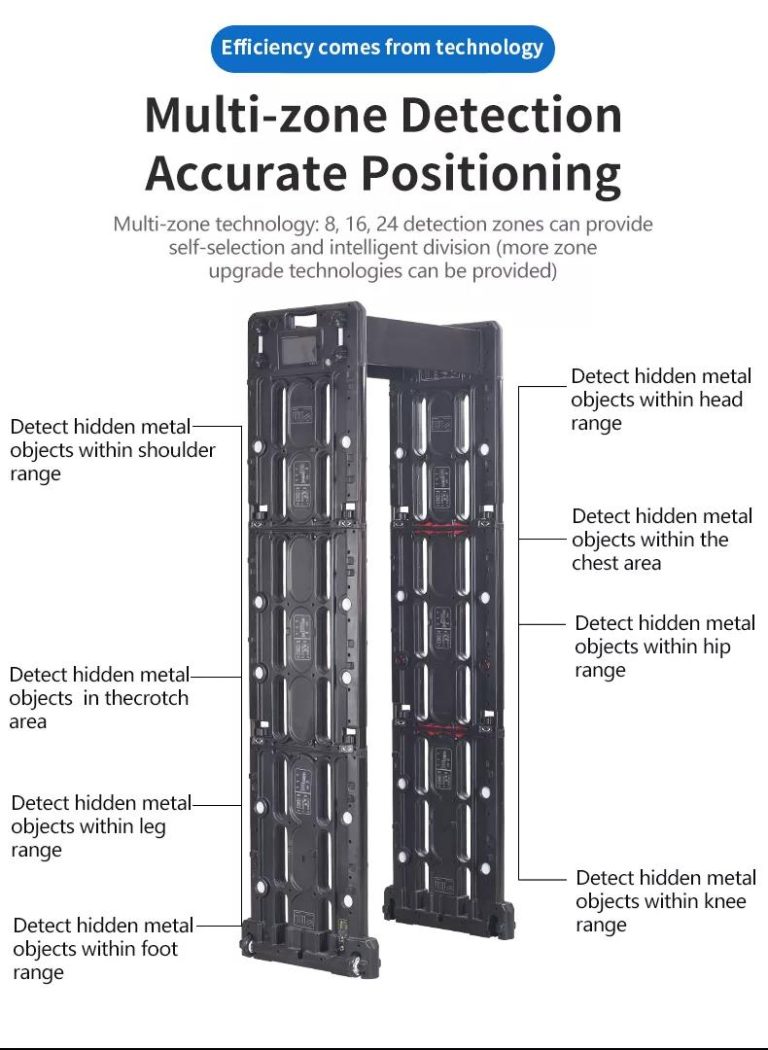Table of Contents
Exploring the Advantages of Industrial Metal Detectors in Manufacturing
Industrial metal detectors are an integral part of the manufacturing process in many industries. They are designed to detect the presence of metal contaminants in products, thereby ensuring the safety and quality of the final output. The use of these devices offers numerous benefits, which are worth exploring in detail.
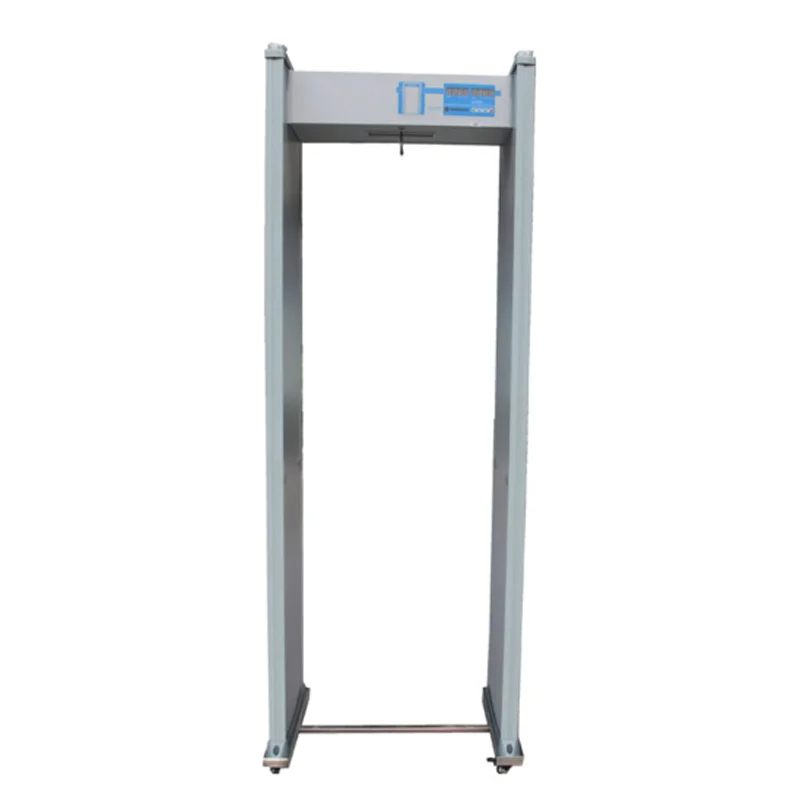
Firstly, industrial metal detectors play a crucial role in maintaining product quality. They are capable of detecting a wide range of metal contaminants, including ferrous, non-ferrous, and stainless steel, which can inadvertently find their way into products during the manufacturing process. By identifying and removing these contaminants, metal detectors help to prevent damage to expensive machinery and equipment. This not only saves on repair and replacement costs but also minimizes downtime, thereby enhancing productivity and efficiency.
Secondly, these devices contribute significantly to consumer safety. This is particularly important in the food and pharmaceutical industries, where the presence of metal contaminants can pose serious health risks. By ensuring that products are free from such contaminants, industrial metal detectors help manufacturers to comply with stringent safety standards and regulations. This, in turn, helps to build consumer trust and confidence, which can have a positive impact on brand reputation and market share.
Moreover, the use of industrial metal detectors can lead to cost savings in the long run. While the initial investment may be significant, the potential savings in terms of avoided product recalls, legal liabilities, and damage to brand reputation can far outweigh the initial cost. Furthermore, modern metal detectors are designed to be energy-efficient, which can result in additional savings in terms of reduced energy costs.
Another advantage of using industrial metal detectors is their versatility. They can be used in a wide range of applications, from food processing and pharmaceuticals to textiles and plastics. They can also be customized to suit specific requirements, making them a flexible solution for a variety of manufacturing environments.
In addition, modern industrial metal detectors are equipped with advanced features that enhance their functionality and ease of use. For instance, many models come with digital controls and interfaces that allow for easy setup and operation. Some also have built-in self-checking systems that ensure they are functioning correctly, thereby reducing the risk of false alarms and missed detections.
Finally, the use of industrial metal detectors can contribute to environmental sustainability. By detecting and removing metal contaminants, they help to prevent these materials from ending up in landfills. This not only helps to conserve natural resources but also reduces the environmental impact of manufacturing activities.
In conclusion, the use of industrial metal detectors in manufacturing offers numerous benefits. They help to maintain product quality, ensure consumer safety, save costs, and contribute to environmental sustainability. They also offer versatility and ease of use, making them a valuable tool for a wide range of industries. Therefore, investing in a high-quality industrial metal detector can be a wise decision that pays off in multiple ways.
The Role and Benefits of Industrial Metal Detectors in Ensuring Product Quality
Industrial metal detectors play a pivotal role in ensuring product quality across a multitude of industries. These devices, which are designed to detect metallic impurities in products, are an integral part of the manufacturing process. They help to maintain the integrity of the product, safeguard the reputation of the manufacturer, and protect the end consumer.
Industrial metal detectors work by generating a magnetic field. When a metallic object passes through this field, it disrupts the balance, triggering an alarm. This allows for the immediate identification and removal of the contaminated product, ensuring that it does not reach the consumer. This process is not only efficient but also highly accurate, making it an invaluable tool in the manufacturing sector.
One of the primary benefits of using industrial metal detectors is the assurance of product quality. In industries such as food processing, pharmaceuticals, and textiles, the presence of metal contaminants can significantly compromise the quality of the product. By detecting and eliminating these impurities, manufacturers can ensure that their products meet the highest standards of quality and safety. This, in turn, helps to build consumer trust and loyalty, which are key drivers of business success.
In addition to ensuring product quality, industrial metal detectors also help to prevent costly recalls and legal issues. Product recalls can be financially devastating for businesses, not to mention the damage they can cause to a company’s reputation. By identifying and removing contaminated products before they reach the market, manufacturers can avoid these potential pitfalls. Moreover, by demonstrating that they have taken all necessary precautions to ensure product safety, companies can also protect themselves from potential legal liabilities.
Industrial metal detectors also contribute to operational efficiency. By integrating these devices into the production line, manufacturers can streamline their quality control processes. Instead of manually inspecting each product for metallic contaminants, which can be time-consuming and prone to error, manufacturers can rely on the accuracy and speed of metal detectors. This not only saves time and resources but also enhances productivity.
Furthermore, the use of industrial metal detectors can lead to significant cost savings. While the initial investment in these devices may be substantial, the long-term benefits far outweigh the costs. By preventing product recalls, legal issues, and damage to brand reputation, metal detectors can save companies a significant amount of money in the long run. Moreover, by improving operational efficiency, these devices can also reduce production costs and increase profitability.
In conclusion, industrial metal detectors play a crucial role in ensuring product quality. They provide a reliable and efficient means of detecting and removing metallic contaminants, thereby safeguarding the integrity of the product and the reputation of the manufacturer. By preventing costly recalls and legal issues, enhancing operational efficiency, and leading to cost savings, these devices offer numerous benefits to manufacturers. Therefore, the use of industrial metal detectors is not just a regulatory requirement but a strategic investment that can significantly contribute to a company’s success.

